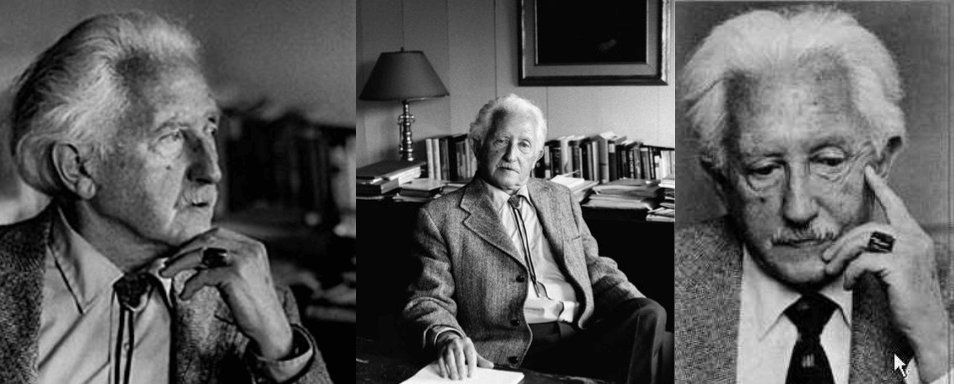Back
Erik Erikson's Stages of Psychosocial Development
More help for you
Erikson’s Stages of Psychosocial Development were introduced in the 1950s by psychologist and psychoanalyst Erik Erikson. The eight stages of human development begin at birth and extend into old age. They are based on biological, psychological, and social factors each individual may encounter during their life.
Each stage is defined by two opposing psychological tendencies – one positive/syntonic, and the other negative/dystonic.
What are Erikson's stages?
| Stage | Psychosocial Crisis | Basic Virtue | Age |
|---|---|---|---|
| 1. | Trust vs. Mistrust | Hope | Birth to 18 months |
| 2. | Autonomy vs. Shame & Doubt | Will | 18 months to 3 years |
| 3. | Initiative vs. Guilt | Purpose | 3-6 years |
| 4. | Industry vs. Inferiority | Competency | 6-12 years |
| 5. | Identity vs. Role Confusion | Fidelity | 12-20 years |
| 6. | Intimacy vs. Isolation | Love | 12-20 years |
| 7. | Generativity vs. Stagnation | Care | 35-65 years |
| 8. | Integrity vs. Despair | Wisdom | 65 years-death |
The stages are:
- Trust vs. Mistrust (Birth to 18 months) If babies receive constant care and attention to their needs, they feel secure. They will develop trust that everything is okay.
- Autonomy vs. Shame & Doubt (18 months to 3 years) Toddlers are learning about personal control, seeing themselves as individuals, and asserting their will.
- Initiative vs. Guilt (3-6 years) Preschoolers begin to develop a sense of purpose, explore and do things independently, and cooperate with others to achieve goals. They understand social approval.
- Industry vs. Inferiority (6-12 years) Elementary-age children start to become competitive and do what their peers do. They compare themselves to others and focus on gaining skills, getting results, and feeling capable.
- Identity vs. Role Confusion (12-20 years) Adolescents are experiencing changes in their bodies and how they see themselves as future adults. They begin to commit to their principles and beliefs, developing self-esteem and self-confidence.
- Intimacy vs. Isolation (20-35 years) Young adults should have a strong sense of identity and become focused on finding companionship and intimacy. They develop the capacity to offer and accept both physical and emotional love.
- Generativity vs. Stagnation (35-65 years) Middle-age is a time to think about leaving a legacy, to be productive, and to contribute to society. There can be many changes: children leave home, careers can shift, bodies become older.
- Integrity vs. Despair (65 years-death) Late adulthood is typically the time of retirement, as well as the importance of feeling a sense of fulfillment and pride of achievement for their actions earlier in life.

